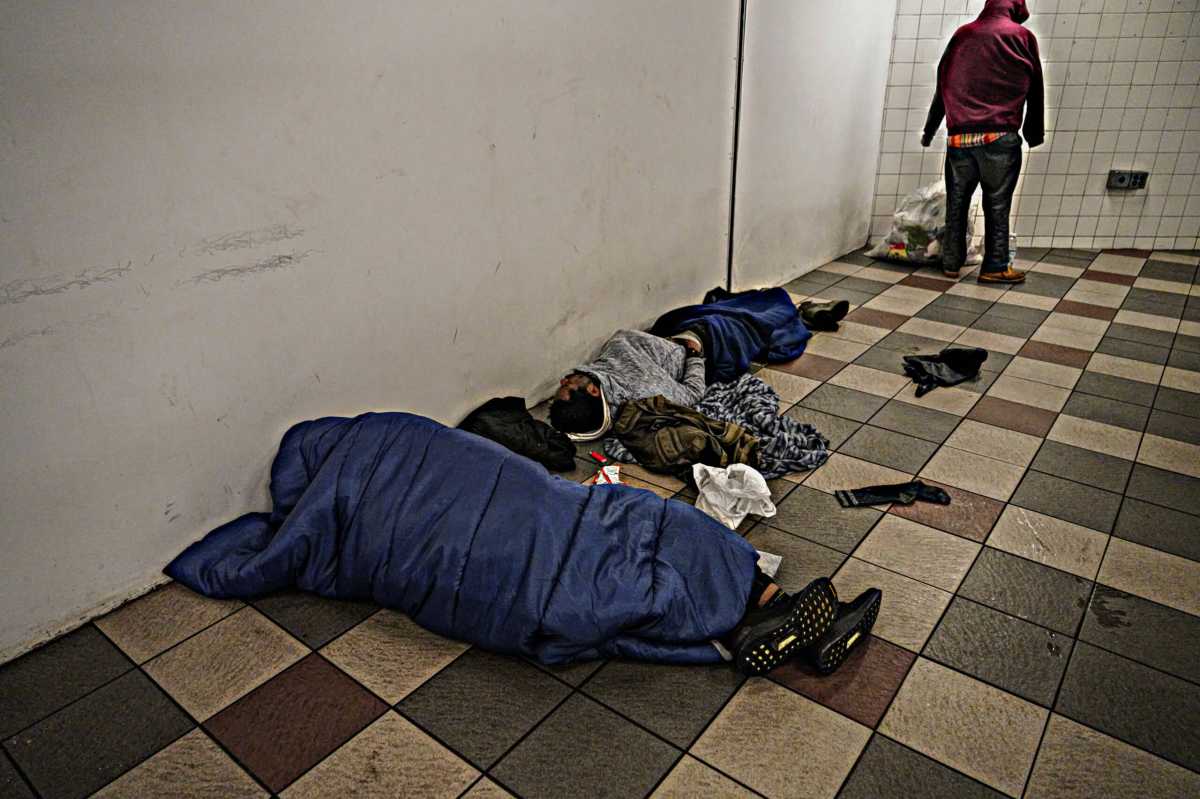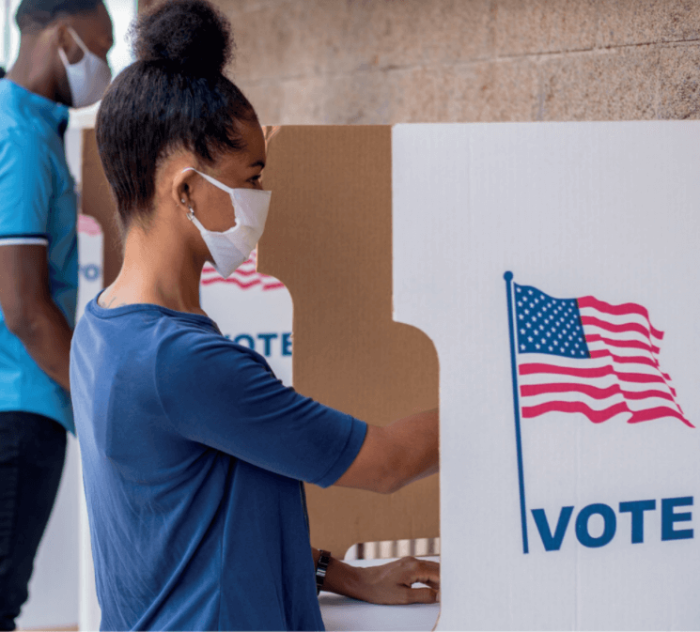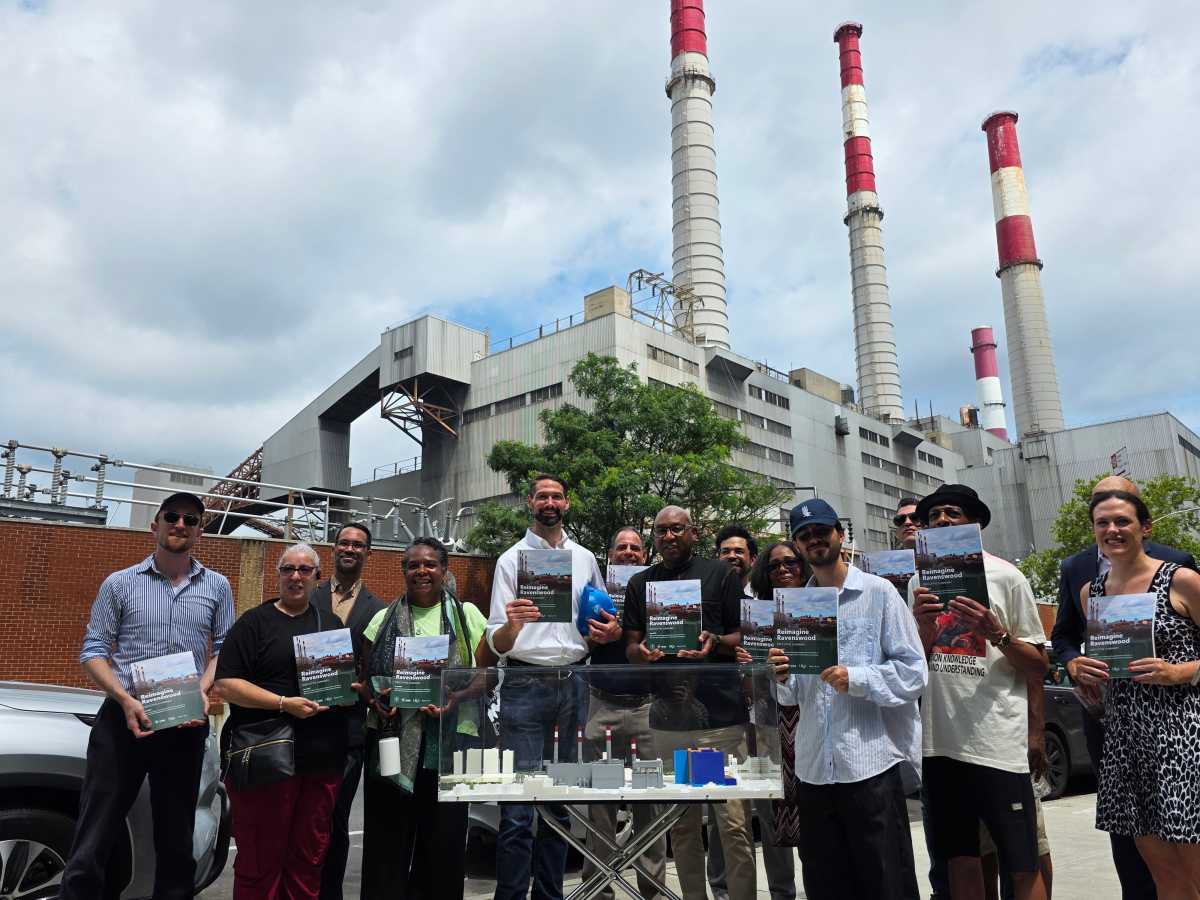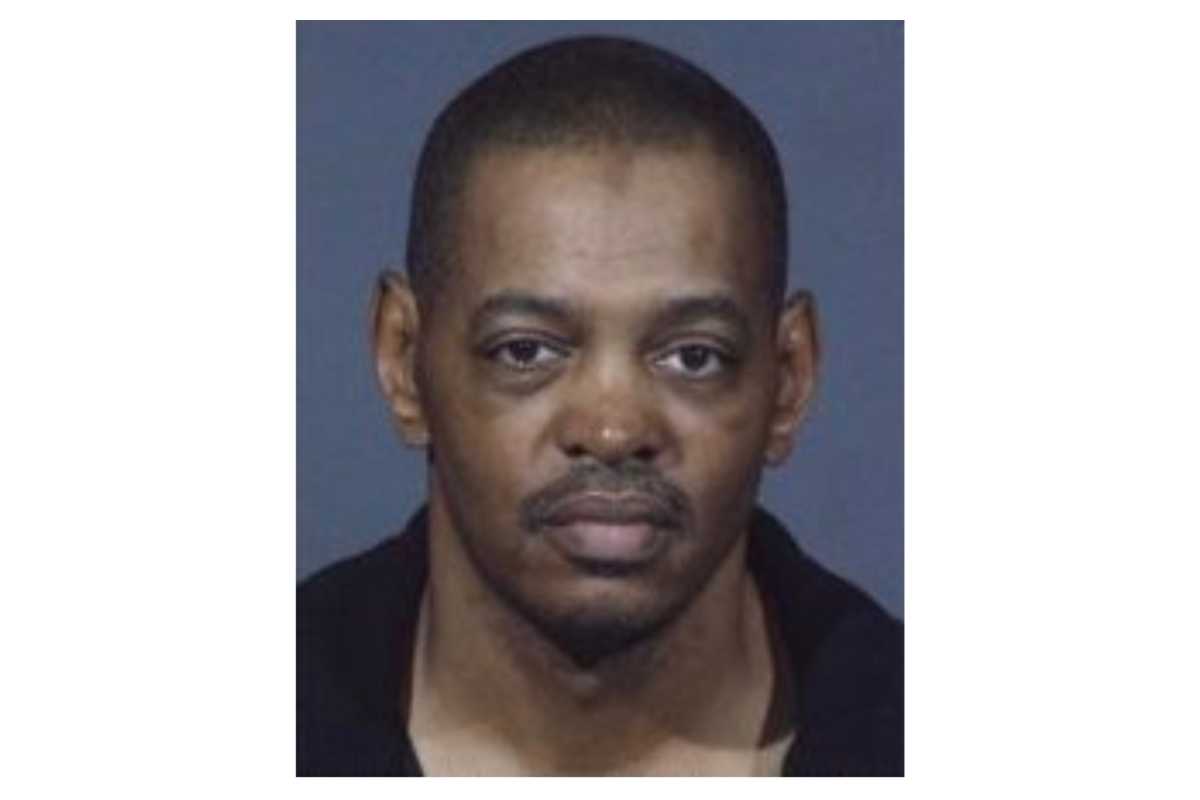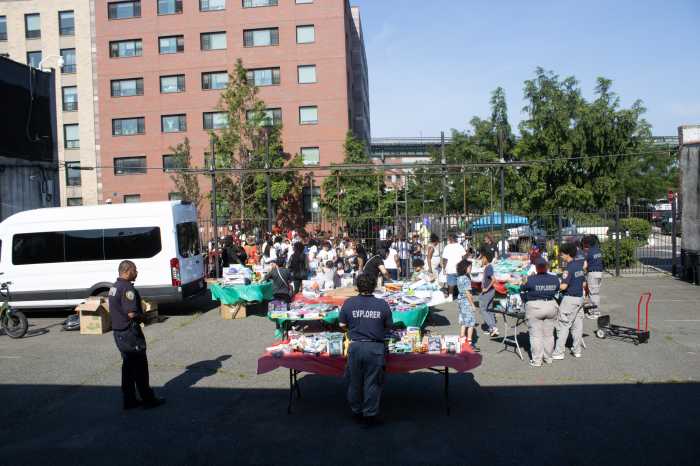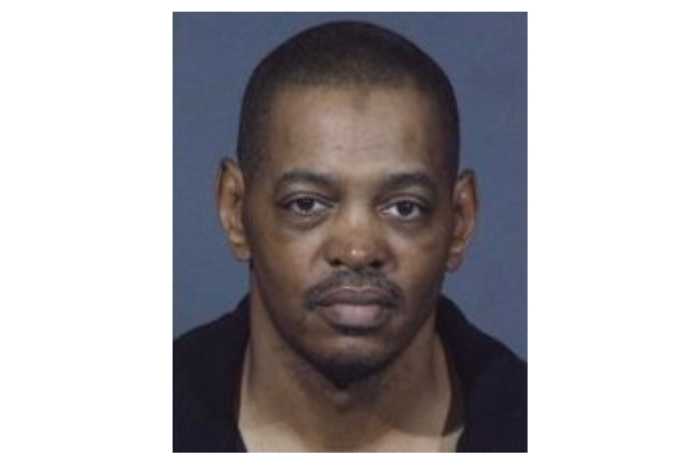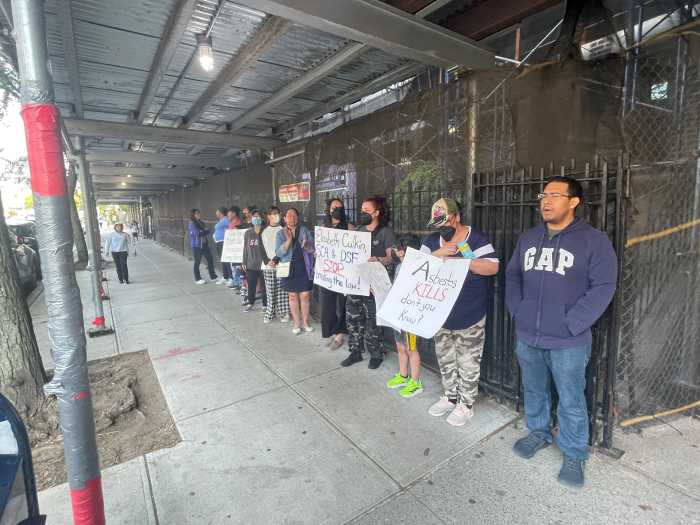Each and every day, thousands of New Yorkers face a harrowing Hobson’s choice: do they continue to live with a violent abuser, or, in the process of escaping an unsafe domestic environment, do they leave everything behind and become homeless?
Domestic violence is the leading driver of family homelessness in New York City, accounting for 41 percent of the family population entering shelters at a given time. This accelerated during the pandemic, when domestic violence calls escalated amid stay-at-home mandates put in place to curb COVID-19’s spread.
The good news is that there are proven solutions to solve homelessness. As research has demonstrated many times over, supportive housing is not just a humane solution for our most vulnerable families, but a sound investment.
Supportive housing – permanently affordable housing with on-site services like counseling, job training, wellness programming and more – provides a much-needed safe space for those seeking to escape dangerous living situations, as well as services to help both adults and children recover from the trauma of domestic violence. The model is proven to provide the safe, affordable, and responsive housing that the most vulnerable among us need to succeed.
Unfortunately, the primary method by which supportive housing is paid for, developed, and operated in New York – the 2016 Empire State Supportive Housing Initiative (ESSHI) to create 20,000 units – was funded only through last year. While this has been a historic and transformative program thus far, Governor Kathy Hochul must do even more to address a crisis that has only gotten worse since the pandemic – and she can start by ensuring that there is enough funding for the remaining 14,000 units to be developed over the next decade.
One doesn’t have to look far for proof of the transformative power of supportive housing. There’s an example right here in the Bronx. The Corden – which officially opened just a few weeks ago, will help tackle this crisis head-on by providing 62 units of permanent, affordable housing to low-income families, including 37 apartments for formerly homeless survivors of domestic violence. The project is New Destiny Housing’s latest initiative in its mission to end the cycle of violence and homelessness and help survivors successfully rebuild their lives.
The development will also include onsite services, including safety planning, job readiness assistance, financial planning, and programming for kids. It will make a material impact in the lives of those who need help escaping their current circumstances by providing systemic, reliable support to help children get on the path to generational success – and stay there.
But more needs to be done. The scale of the challenge is too immense to address without a significant investment and long-term commitment to provide predictability to developers and service providers alike.
As nonprofits create more supportive housing in New York City and across the state, we must also work to preserve the thousands of underfunded, aging units already in existence. One of those is a YWCA in Rochester that is home to 160 formerly homeless women, the vast majority of whom are survivors of domestic violence. The building was built in 1940 and desperately needs physical improvements and operating support, but right now has nowhere to turn for the money required for both.
Governor Hochul has spoken in highly personal terms about her dedication to advocating on behalf of domestic abuse victims, relating that both she and her mother were motivated to champion women’s rights by the story of her grandmother’s abusive relationship with her husband. In her new role as the first woman governor of New York, Hochul has the power to make a positive impact on the lives of thousands of domestic violence survivors across the state.
The Corden is a powerful reminder of how policy and funding numbers are far more than topics of political disputes. Robust commitments to these programs can create life-changing opportunities for survivors of domestic violence and other homeless and at-risk families and individuals in need of housing. Every New Yorker deserves a safe, high-quality, and affordable place to call home.
Laura Mascuch is executive director of the Supportive Housing Network of New York; Nicole Branca is the executive director of New Destiny Housing.



